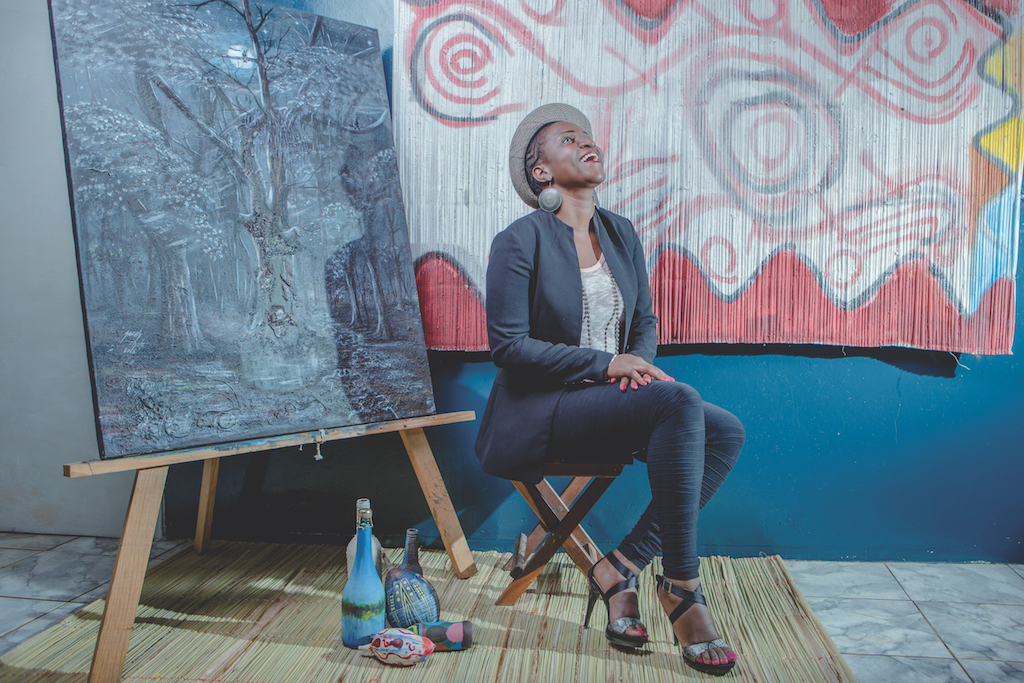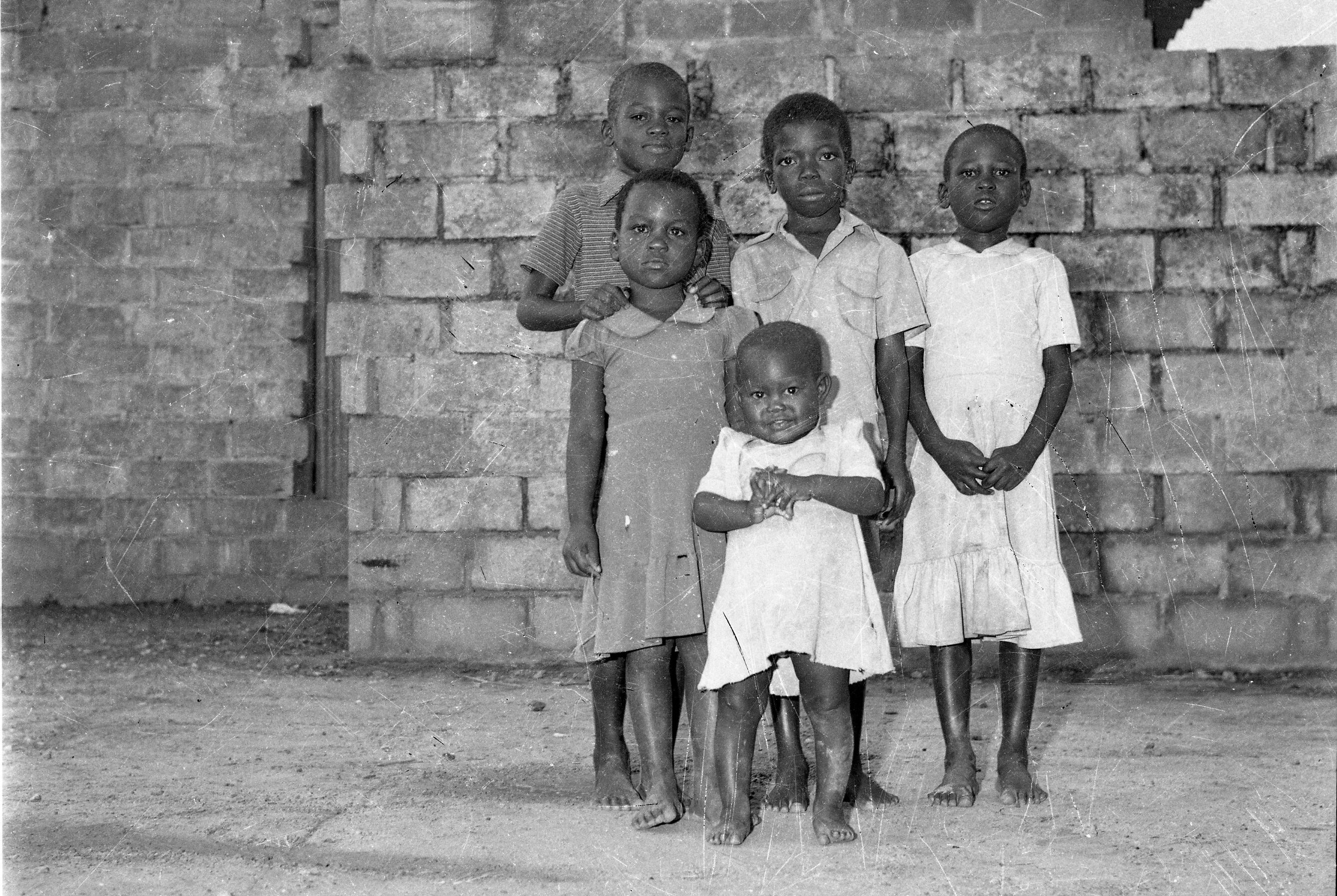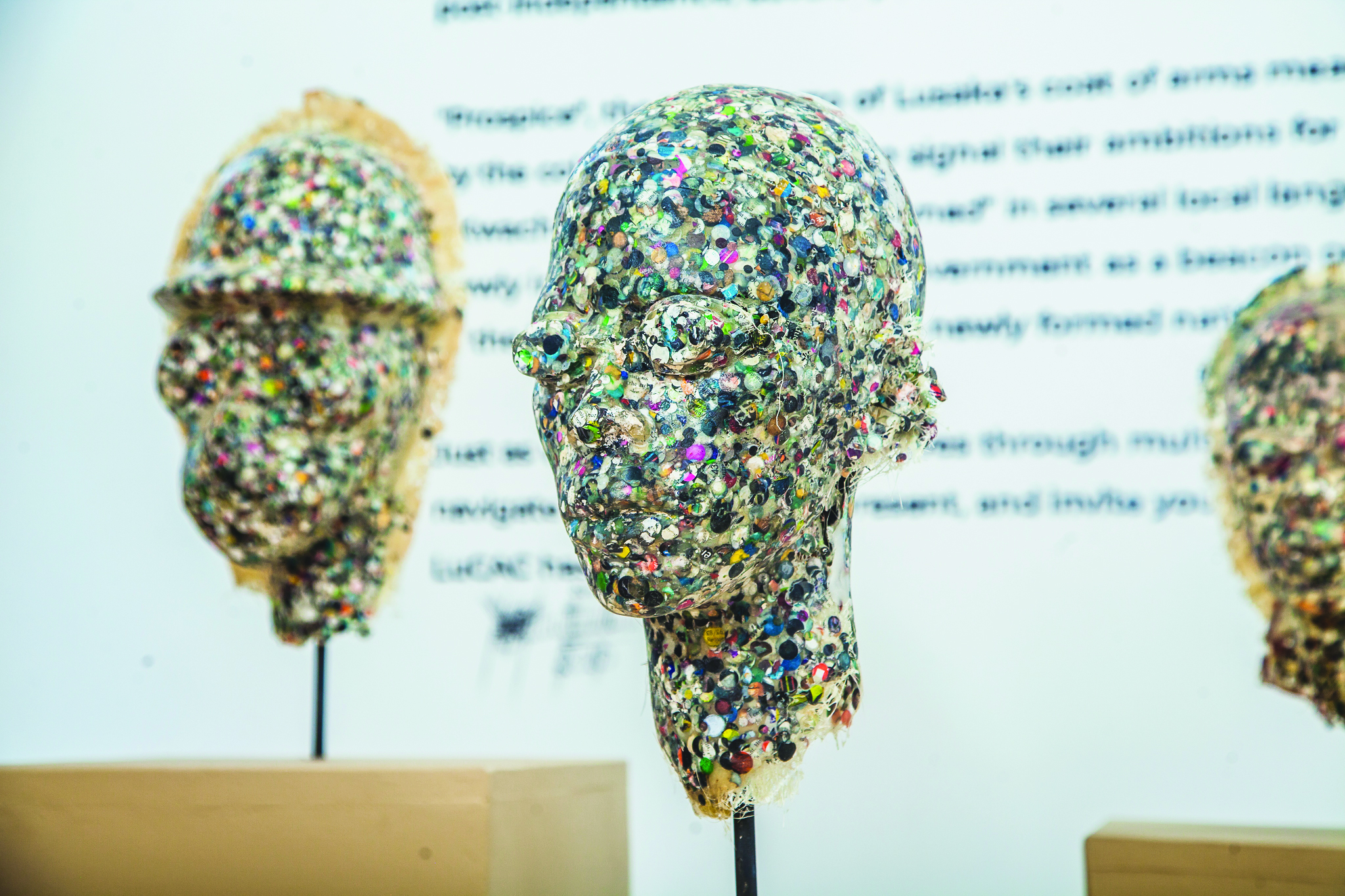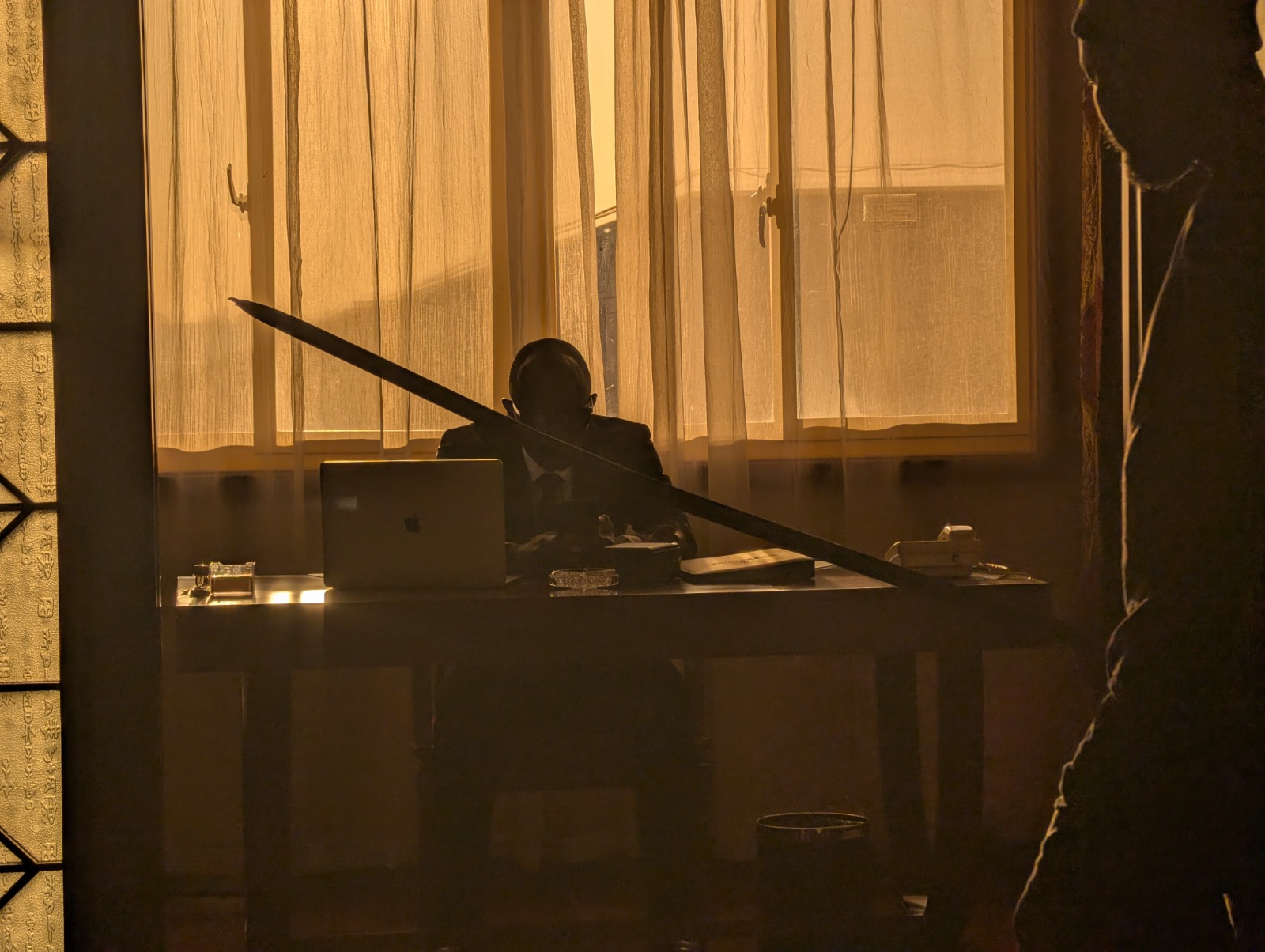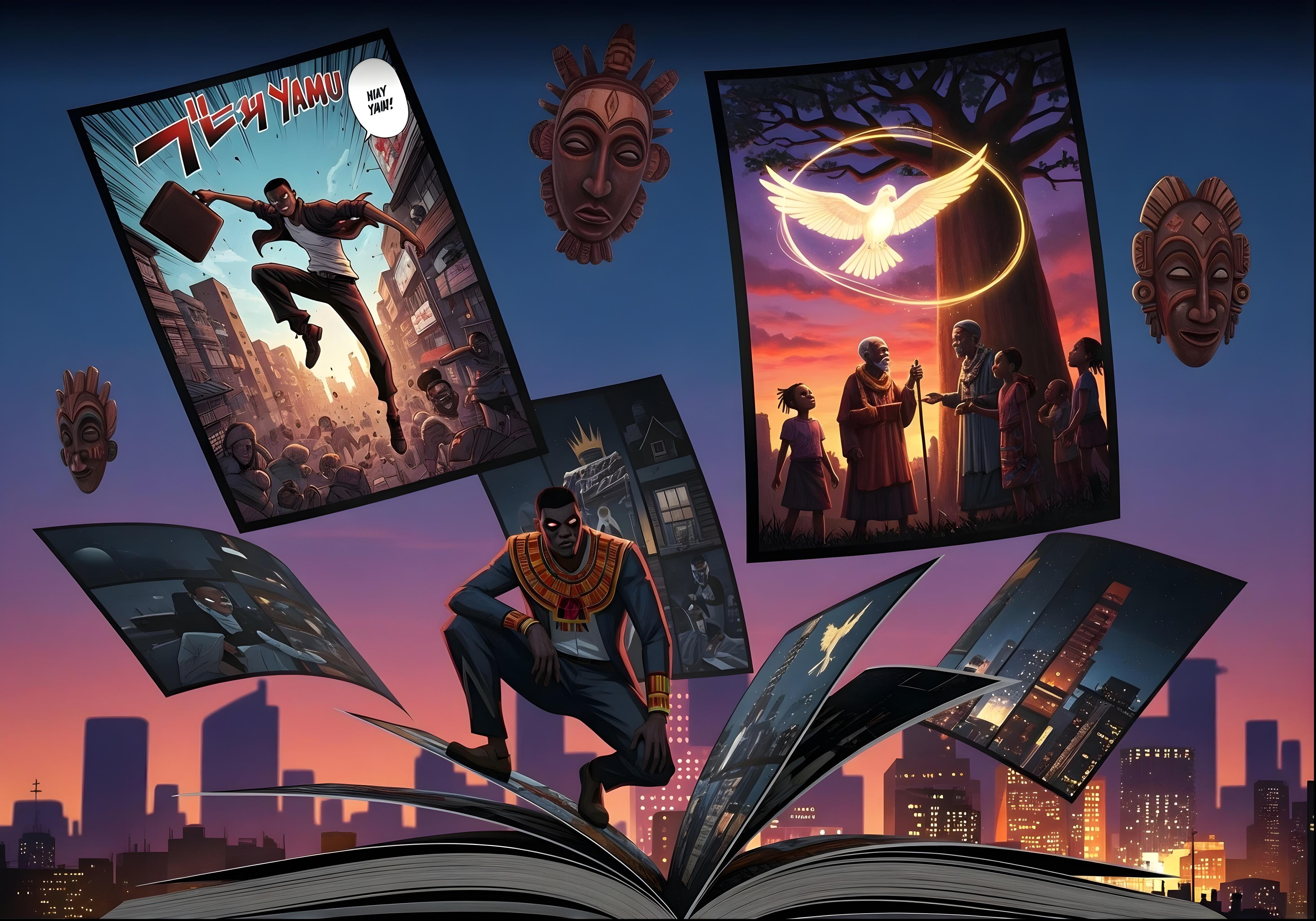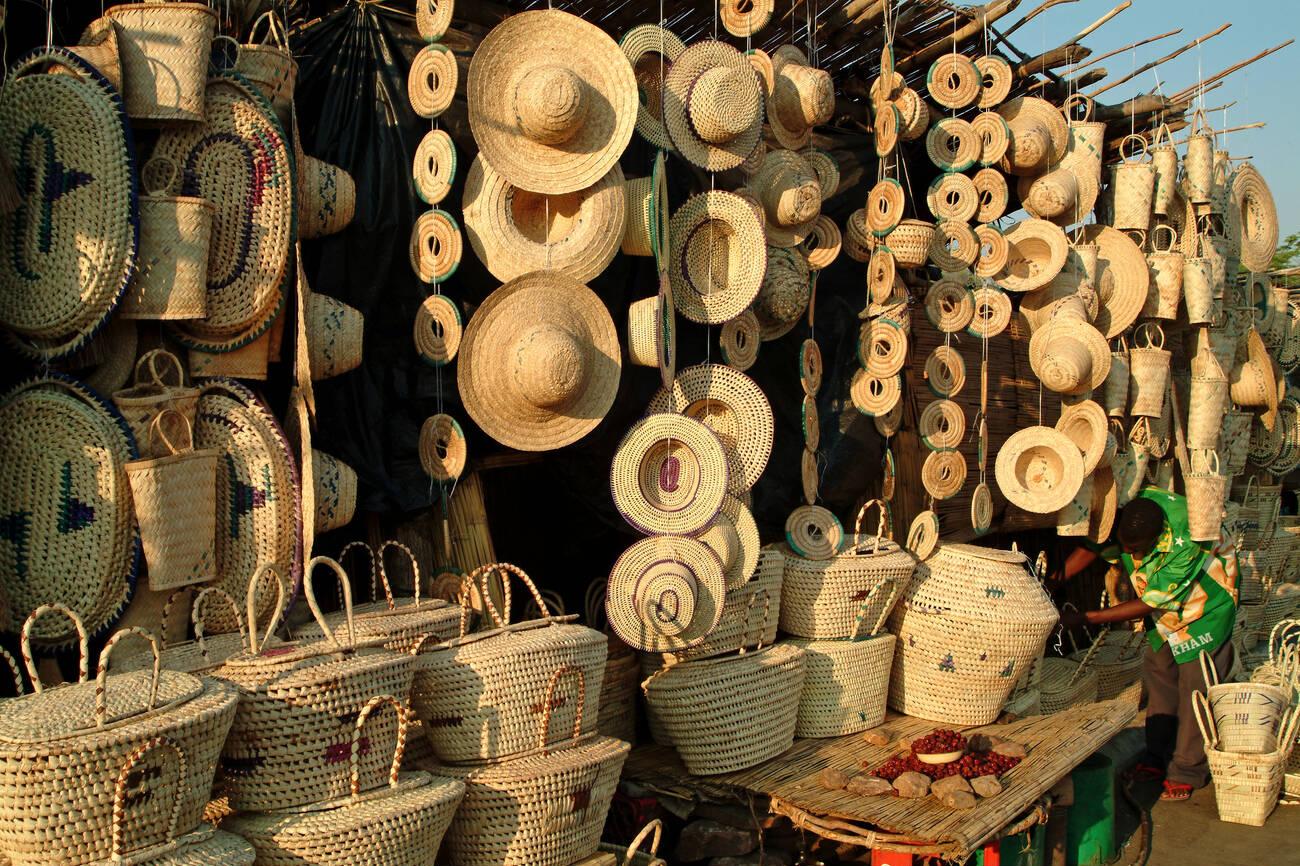There are many things that can be said about Serah Chibombwe. Talented. Driven. Out going. But not an artist. At least not in her own estimation. It has been said that one cannot begin developing an entity until one has first assigned a name to it. Yet Serah has developed her craft while at the same time refusing to be assigned the name of artist.
Born in 1989 in Mumbwa, Serah is the last born in a family of four. In her childhood Serah attended numerous schools in Lusaka, having her first encounter with art as a pupil at Southend Primary School. “I wasn’t put straight up in an art class. My parents recognised my talent before they put me in an art class,” she recalls. “I was being bullied in the class in was in. so them seeing the talent I had and with the situation going on, they decided to move me to an art class where I fit in very well.” This was in grade four.
Though an interest in art had already manifest at an early age, Serah credits her cousin, Chiki Kasempa, with helping stimulate her interest. “He showed me how to draw an advanced stick man. He just showed me how to draw one on the ground. We were playing at the farm and that was when my interest was really spiked.
“I remember from then on I would use anything to make art. I even used bubblegum. I would chew it, roll it into sticks and make houses on the door frames. And dad would go mad telling me I shouldn’t do that. I think that’s really what prompted them to put me in art class.”
After leaving Southend Serah moved to yet another school where she excelled among her peers. “They used to give us mainly cartoons to draw. I don’t remember what work we were given but I remember drawing a Barney for a friend of mine. Cause he couldn’t do it very well. Then the teacher discovered that he didn’t do it himself. I remember being made fun of for it. She would ask me if I was bribed to draw for him. And all the kids made fun of me.”
It’s around this time that Serah began drawing portraits at home. Her father and siblings were her favoured subjects. “I found drawing portraits interesting. And my dad’s response really encouraged me. He would get excited and make photocopies of the drawings and went to show off at work.” Her home drawing always centred round a constant desire to create and innovate.
Growing up as a self-confessed tomboy Serah enjoyed playing football with other kids from the neighbourhood. Something that led to her becoming proficient in the art of making icimpombwa, homemade footballs fashioned out of plastic bags and rubber and held together by string. She also greatly enjoyed watching cartoons. Like many children of her day sitting in front of the TV waiting for the local broadcaster to begin transmission at 17:00 every day.
As she entered secondary school she continued to stand out in art. Even to the point where she was often asked to stand in by her teacher. “At Mpongwe they had art and I was the best in my class. Such that sometimes the teacher would leave me to handle the class,” she recalls with a smile.
This was to prove a turbulent time in her life. Having lost her mother a few years prior, Serah’s father lost his job in 2000. This led to moving from their home and school again. The domestic upheaval led to uncertain times at home. In search of some stability Serah moved to the Copperbelt to live with an aunt. She describes this as a turning point in her life. She was encouraged to re-sit her grade nine exams. “I was sent to Choma and it was different. Real different. God has got His own way of doing things. In my class there was a girl who became a very good friend of mine. And we helped each other. It was a very competitive environment and I did very well.”
Serah continued her pursuit of art while at high school, despite being at sent to a boarding school where art wasn’t offered. Taking time in between, as sometimes during, classes to sketch in order to keep her skills sharp. She also played football, eventually captaining her school team.
Being so far away from home, the distance was made worse by her concerns for her father. When she would speak to him she could tell things were not well. With his health failing Serah, 15 at the time, was forced to take greater responsibility when at home. This caused her to grow up at a very young age.
Despite being such a talented artist Serah didn’t follow a career in art when she finished school. Living her late sister, who was an entrepreneur, Serah learned that money was made as a result of making best use of one’s talents and skills. Together they would make rugs and scones for sale. Serah soon saw that she stood to make more from their enterprise than she made from her monthly salary working at an estate agent’s office. They expanded their business to catering, where Serah showed a knack for entrepreneurship. In one case Serah recalls being asked by her sister to go to a block of offices to take lunch orders from clients. “I am very interactive and find it easy to communicate with anyone. I went to the Civic Centre. From seven clients I went back home with 36 clients. She was shocked and said, ‘No, you’re pulling my leg’”.
Serah’s career took a few more turns in the food and catering sectors, yet she felt it lacked real direction. “I didn’t know what I was doing by then. I was just living by the day. I had no idea what I wanted to become. But what I said is I was born an artist. That is something I will never run away from. In all these things art was present. At school I would draw to earn money for upkeep. I would do portraits of friends. And even when I was selling my food I would advertise my art. Let people know I do portraits. And some would place orders.”
Eventually business took a downward turn and Serah’s sister had to leave for Lusaka to go to school. Alone in Kitwe Serah started making scones for sale until her sister encouraged her to also apply to school in Lusaka.
Though she accepted, Serah had no idea what she wanted to study. Her initial choice, Travel and Tourism, was met with a negative reaction from her aunt. Following this Serah decided to fall back on what she was familiar with and pursued Food Production.
While at Fairview College Serah studied, continued to draw and began to consider art as a career. And her inspiration was her distaste for doing the same thing every day. “I hate routine. I’m not a routine person. That’s why I always wanted to be independent in whatever I do. Make my own decisions. I don’t want to work for someone. I want to work with people.”
For the most part she has always received the support of her family in general. From her father’s unwavering backing to her auntie’s support. There were one or two setbacks though. “My brother was always a brother. The first article that Andrew Mulenga did on me in a daily newspaper in 2005, I took it to my brother’s place. I was so excited. I went to him and he just said, “Oh, ok. At least you’re in the paper. Now you can go get a job.” That was the biggest punch I got.”
Serah’s career however, began at the art academy in Lusaka’s showgrounds. Once there she received exposure to fellow artists who pushed her to the next level. “The first artist to introduce me to painting was Clement Mfudzi. Before that I only used to draw. And I remember him telling me that once I start painting I would never want to draw again. And it worked like magic.”
Far from magic, Serah’s career trajectory has been as a result of hardwork and dedication. Starting out as the only lady at the Academy for eight months while working from Caleb Chisha’s studio. She views this as her first career achievement and remains indebted to the senior artists of her time who were a source of constant encouragement.
Part of that encouragement was to expand her horizons. “In 2015 I attended my first real workshop and we were encouraged to do something outside the box. We were told we should spend time away from our studios. Yes, we could paint but we had to do something different from what we did in our studios.
“So, there was a performing artist from Zimbabwe, Fisani Nkhoma, and I told him I wanted to perform. He asked me what I wanted to do and I told him I wanted to work with mud. That’s all I knew. That I wanted to work with mud and with my body. So I did a performance entitle Are You Brave Enough? And it shocked a lot of people. Including myself.
“After that a lot of artists came to me saying I was a performer and I needed to do more performances. It was crazy. I didn’t even know what I was supposed to do next. They were telling me I was stronger in performances than painting. And I was like ‘Really! Eight months in the Academy and that’s what you say” she laughed.
Among her other highlights she names her fellowship at Asiko in Addis Ababa. “When I went to Ethiopia it made me realise how much we don’t appreciate art in this country. How much we don’t know the true value of art. Even the furniture we went to showed the influence of art. When I walk into a hotel in Lusaka it’s like you’re in another country.”
In all Serah thrives because for her there is more to art than painting. “I was always battling to find myself in art. To find my style. But there is no style in art. Art is a lifestyle. I live art. I breathe art. There is no way I can spend a day without doing anything [artistic]. Because art is in everything. Even the money we chase is art. If someone tries to pay you with plain paper cut in the shame of money you’ll think it’s a joke. Only until you see the artwork on it will you realise it is money. So as a country we need to see the value of art. People think art is just painting. Or sculptures. Art is life.”
